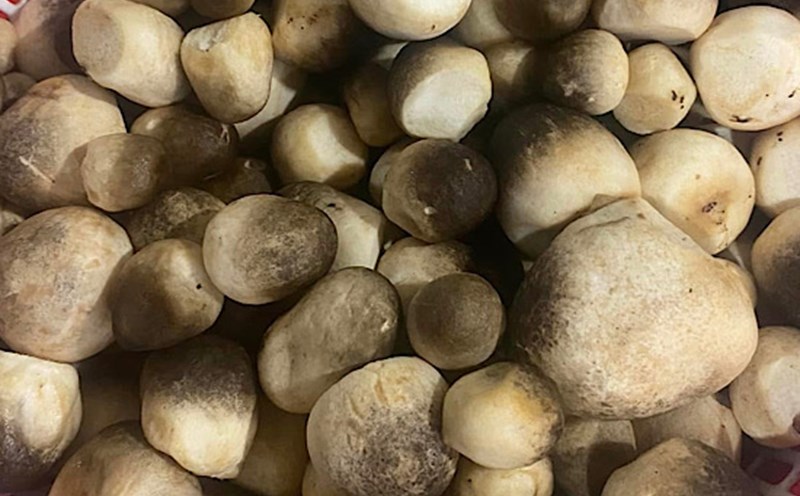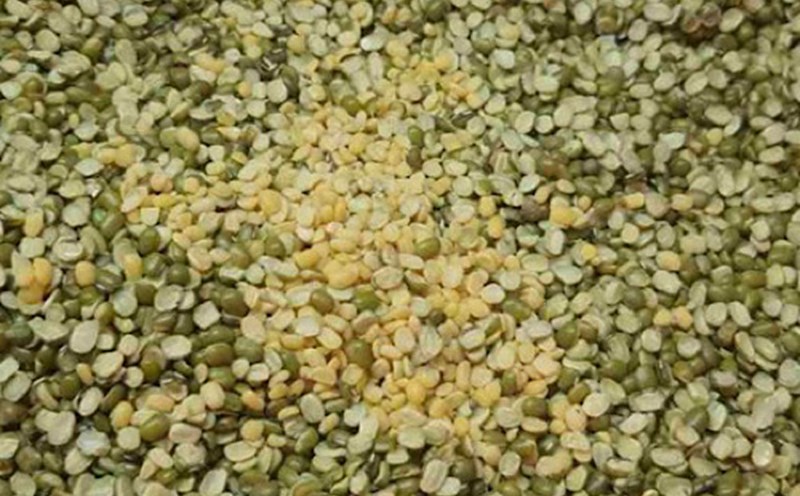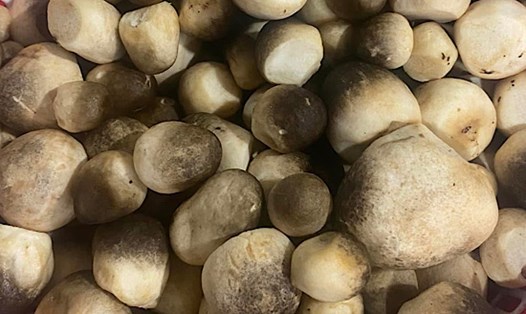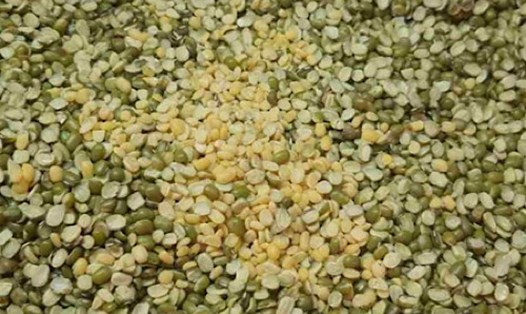According to the National Center for Biotechnology Information, pineapple contains bromelain, a group of proteolytic enzymes that break down proteins and reduce inflammatory reactions in joints.
Bromelain has been shown to inhibit the activity of the enzyme xanthine oxidase, which is responsible for converting purines into uric acid in the liver.
Research published in the Journal of Inflammation Research shows that supplementing bromelain extract from pineapple helps reduce an average of 18% of huyetomic uric acid levels after 4 weeks in people at risk of gout.
In addition, vitamin C in pineapple helps increase the excretion of uric acid through the kidneys.
According to The Lancet Rheumatology (2024), the group of people who maintain bromelain-rich supplements (such as pineapple) have a gout arthritis rate of 22% lower than the control group.
Increased uric acid is often accompanied by liver and kidney damage due to overloaded filtering and detoxification. The European Journal of Nutrition notes that bromelain helps increase the activity of antioxidants in the liver such as glutathione peroxidase and catalase, thereby protecting liver cells from damage caused by oxidative stress.
Meanwhile, vitamin C and potassium in pineapple help maintain stable renal filtering, reducing the risk of urate crystalline deposition in the renal Tube.
According to the Journal of Nutrition & Metabolism (2024), the ideal time to eat pineapple is after a 30-60 minute meal, when digestive enzymes are active, helping the body absorb maximum bromelain and vitamin C.
Eat 100-150g of fresh pineapple/day (equivalent to 3-4 thin slices).
You can squeeze in diluted pineapple juice or combine it with a few mint leaves, making it easier to drink and increasing anti-inflammatory properties.
Pineapple should not be eaten when hungry or eaten with foods high in protein to avoid stomach irritation.
People with stomach pain should eat pineapple after main meals and choose naturally ripe pineapple, avoid being too sour.
Dr. Hannah Lewis, clinical nutritionist at Harvard Medical School (2024), affirmed:
pineapple is a natural food that can help reduce uric acid thanks to bromelain and vitamin C.When used regularly, pineapple helps reduce inflammation, increase detoxification through the kidneys and support stable liver enzymes, which is very important for people at risk of gout.











